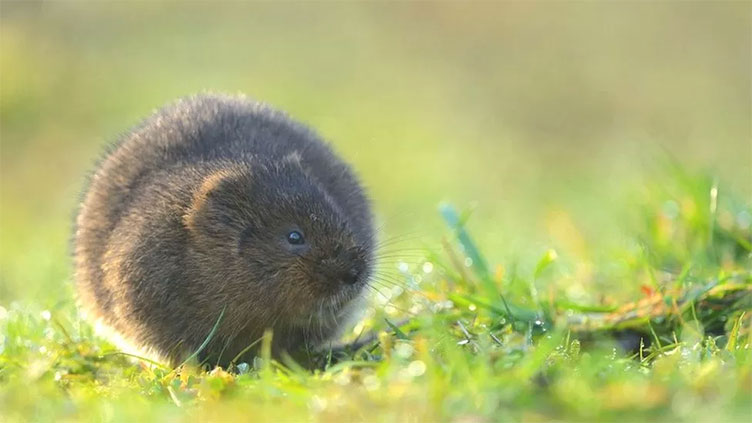Nature crisis: One in six species at risk of extinction

Technology
Most precious animals and plants are still falling
(Web Desk) - Numbers of the UK's most precious animals and plants are still falling, as a countrywide nature-loss crisis continues.
Loss of nature is outpacing investment and effort to tackle it, conservation organisations say.
Their State of the Nature report found 16% of 10,000 mammals, plants, insects, birds and amphibians assessed were threatened.
They include UK wildlife icons such as the turtle dove and hazel dormouse.
The government has said it is committed to "increasing the amount of habitat for nature to thrive".
But conservation organisations say more investment and a shift to much more wildlife-friendly farming and fishing are urgently needed.
The 203-page document was produced by more than 60 organisations, including wildlife conservation groups, government agencies and academics.
Its analysis of decades of research paints a grim picture - natural spaces and the wildlife that depends on them are in decline.
Nida al-Fulaij, from the People's Trust for Endangered Species, told BBC News: "The main takeaways from this report are alarming."
And she explained how thousands of studies used in the report examined the abundance or distribution of UK wildlife.
"Where we can, we count species year after year," Ms Fulaij said.
"Another way to measure how a plant or animal is faring is to repeatedly examine a site and ask, 'Is the species here or not?'"
This should make everyone "sit up and listen", Royal Society for the Protection of Birds (RSPB) chief executive Beccy Speight said.
Restoring nature would also help to tackle the climate crisis.
"We need to move far faster as a society towards nature-friendly land and sea use," Ms Speight said.
"Otherwise, the UK's nature and wider environment will continue to decline and degrade, with huge implications for our own way of life."
Responding to these calls for action, the government said it was investing in its "30-by-30" pledge, to protect 30% of land for nature by 2030.
"At the start of this year, I published our comprehensive Environmental Improvement Plan," Environment Secretary Therese Coffey said, "setting out how we will create and restore at least 500,000 hectares [2,000 sq miles] of new wildlife habitats."

